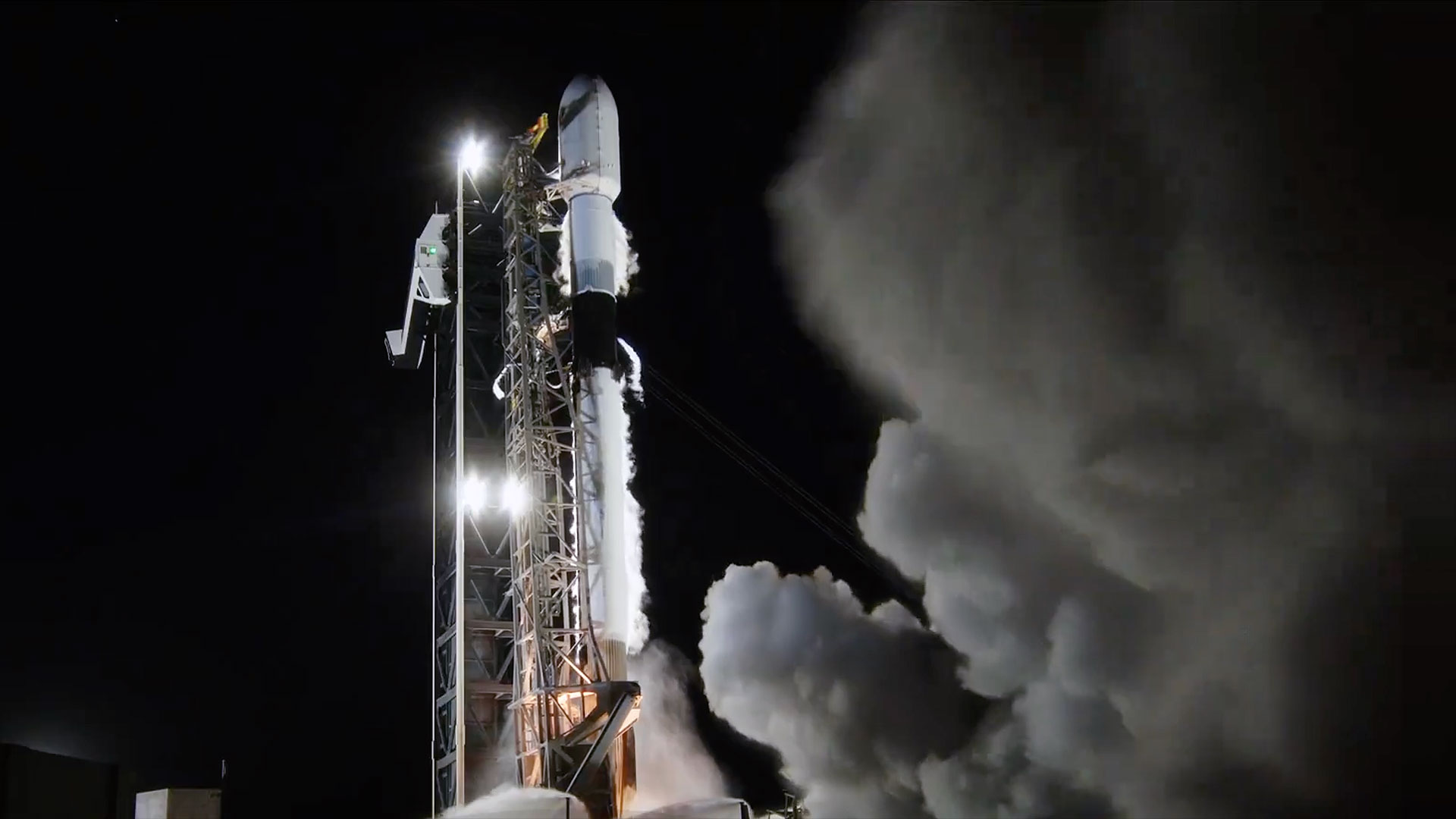Apple's iPhone is losing ground in China while local rivals surge
New numbers are out for China's highly competitive smartphone market — and they're a troubling sign for Apple.
Hector RETAMAL / AFP via Getty Images
- Smartphone shipments rose overall in China in the first quarter, but iPhone shipments fell 9%, according to IDC data.
- Apple's Chinese competitors are hitting growth milestones boosted by government subsidies.
- Xiaomi now leads with 39.9% market share, retaking the top spot.
New numbers are out for China's smartphone market — and they're a troubling sign for Apple.
Overall smartphone shipments in China grew 3.3% in the first quarter, according to a Thursday research report from the International Data Corporation, but iPhone shipments notably fell by 9% year over year.
Apple was the only major smartphone maker to lose market share during the quarter, according to IDC.
Local rivals dominated the Chinese market, a key region for Apple that CEO Tim Cook has called "the most competitive market in the world," driven by government subsidies that include smartphones.
IDC analyst Will Wong wrote that the relatively high price of the iPhone meant Apple was largely left out of the subsidy-fueled growth.
Apple's smartphone shipments in China "declined as its premium pricing structure prevented it from capitalizing on the subsidies," Wong said in the IDC report. Apple's iPhones accounted for 9.8 million, or 13.7% of the 71.6 million smartphones shipped in the first quarter.
Local rival Xiaomi, on the other hand, retook the top spot for the first time in nearly a decade with a 39.9% increase in shipments, making up 13.3 million units of the total shipments.
In January, the Chinese government extended subsidies intended to stimulate consumer spending to smartphones and other tech devices. The benefit is capped at products less than 6,000 yuan, or $821, making some Apple phones too pricey for consumers to have 15% of the sale covered.
An iPhone 16 Pro, for example, starts at 7,999 yuan, or $1,095. Local smartphone makers, like Xiaomi and Huawei, have more affordable models that can be discounted using the benefit.
Government subsidies aren't the only challenge Apple is facing in China. President Donald Trump's 145% tariff on Chinese goods still hangs over its head, though Apple's devices are temporary exempt from the higher rate. China is Apple's largest supply chain hub for iPhones. While Trump largely gave the tech industry a break from the highest tariff rate for goods produced in China, he later said that companies like Apple would be subject to separate tariffs down the line.
"Looking ahead, the market is expected to face challenges as the US-China trade tensions may lead to cost increases and tighter consumer budgets," Arthur Guo, senior research analyst at IDC, said.
Apple has plenty of ground to make up in the country as its numbers continue to indicate that the iPhone is losing its foothold. Its share of the smartphone market in China for Q4 2024 was 17% — down 21% from the previous year.
The iPhone giant releases its first-quarter earnings report on May 1, which will give Wall Street a better look at how the company is doing in the highly competitive market.











































































